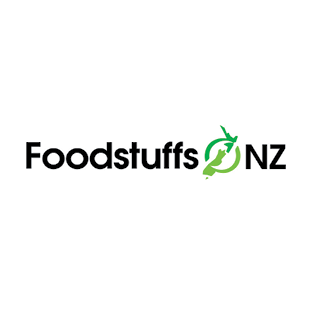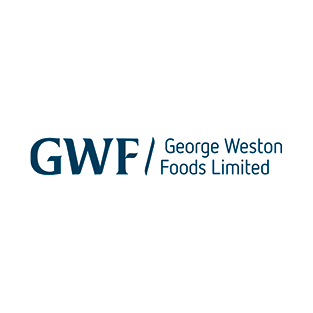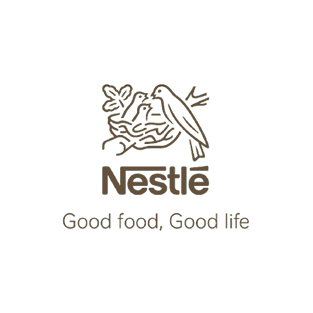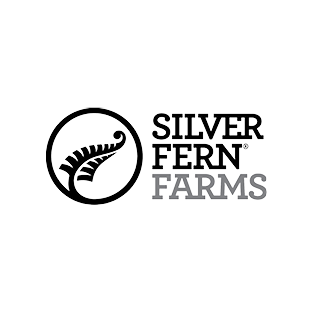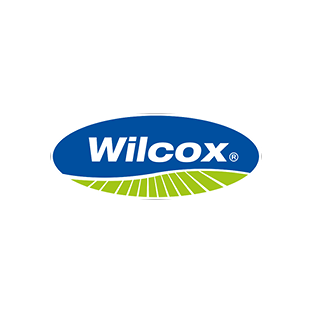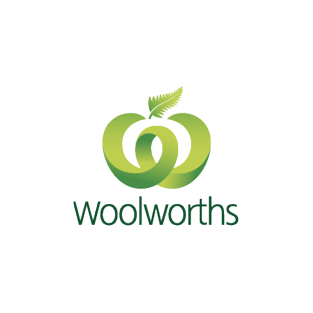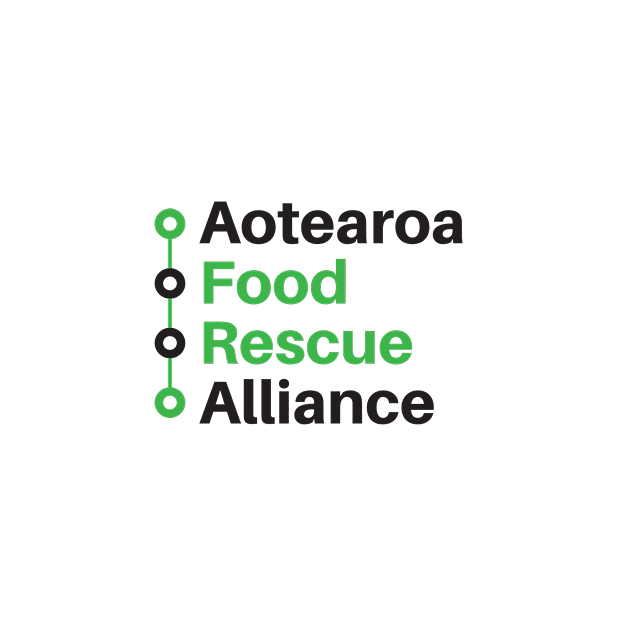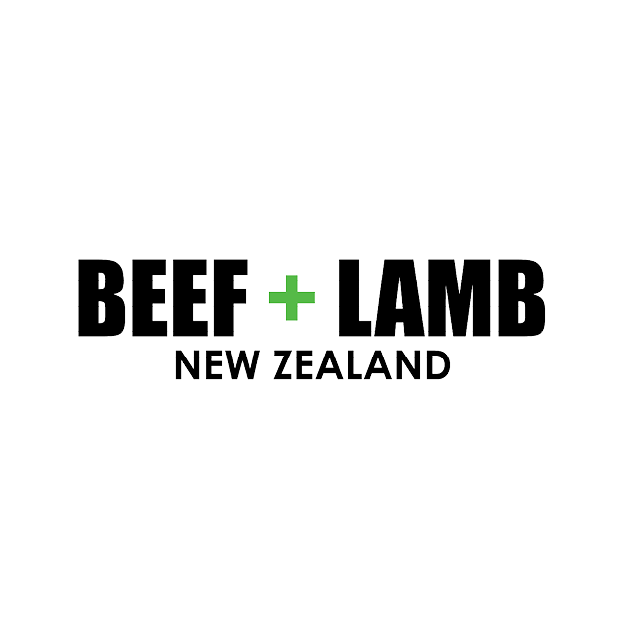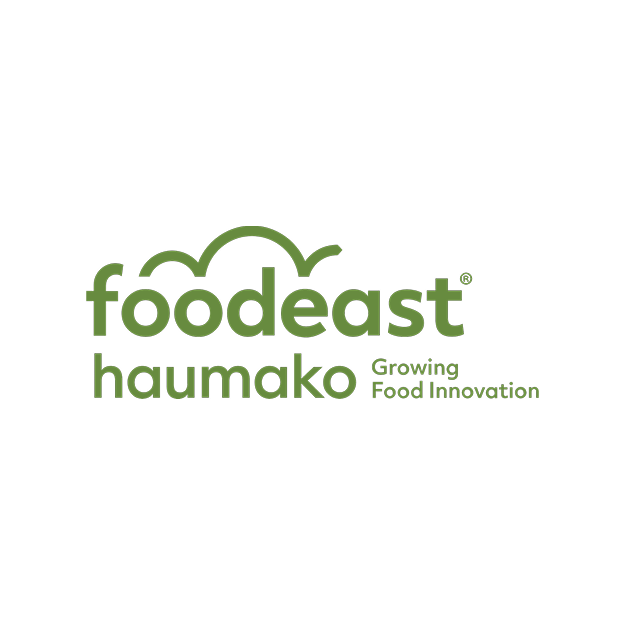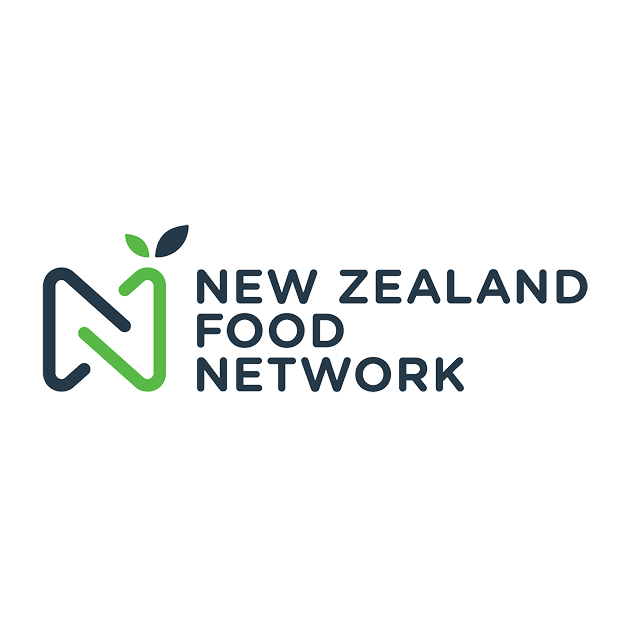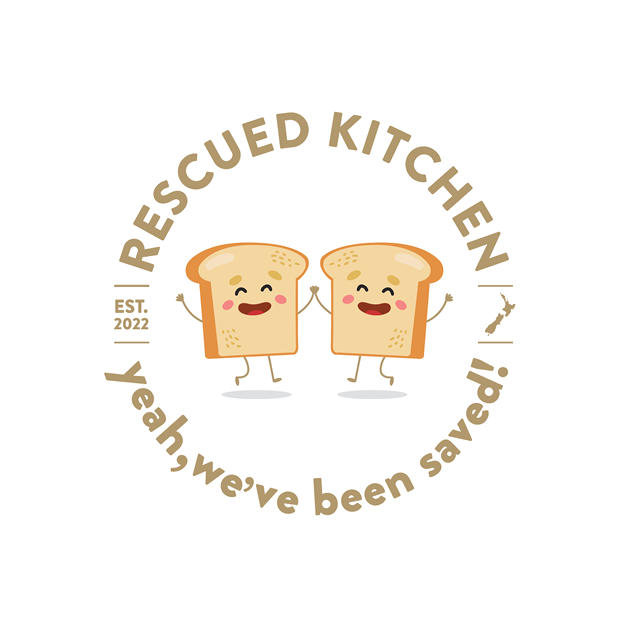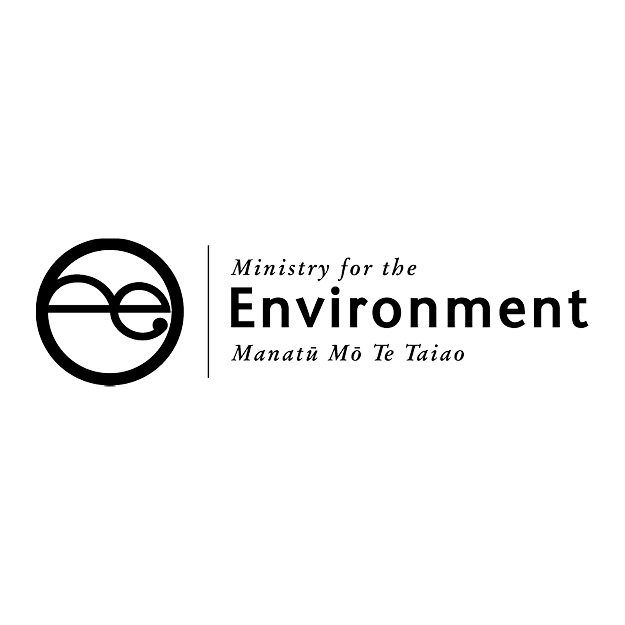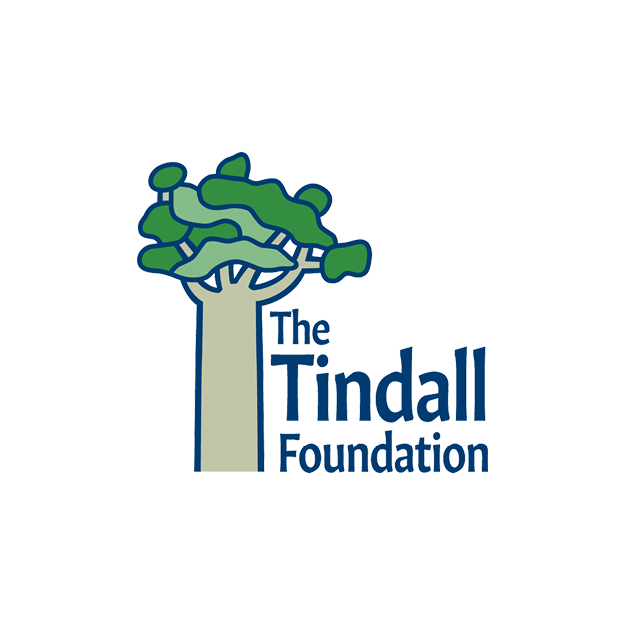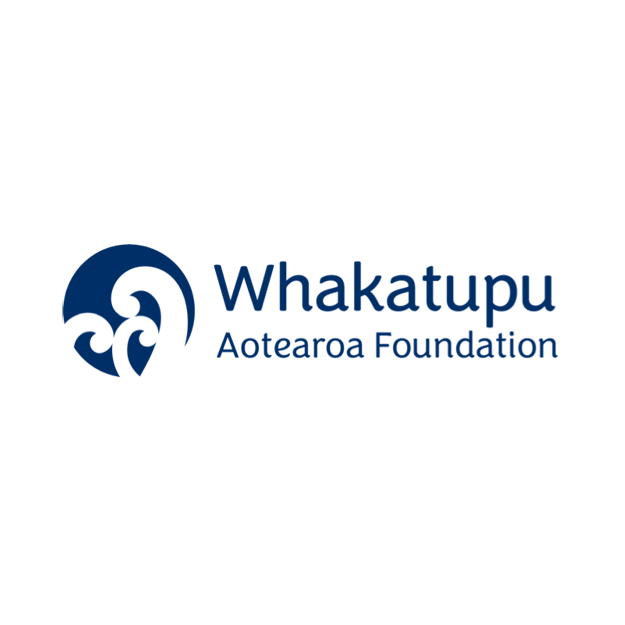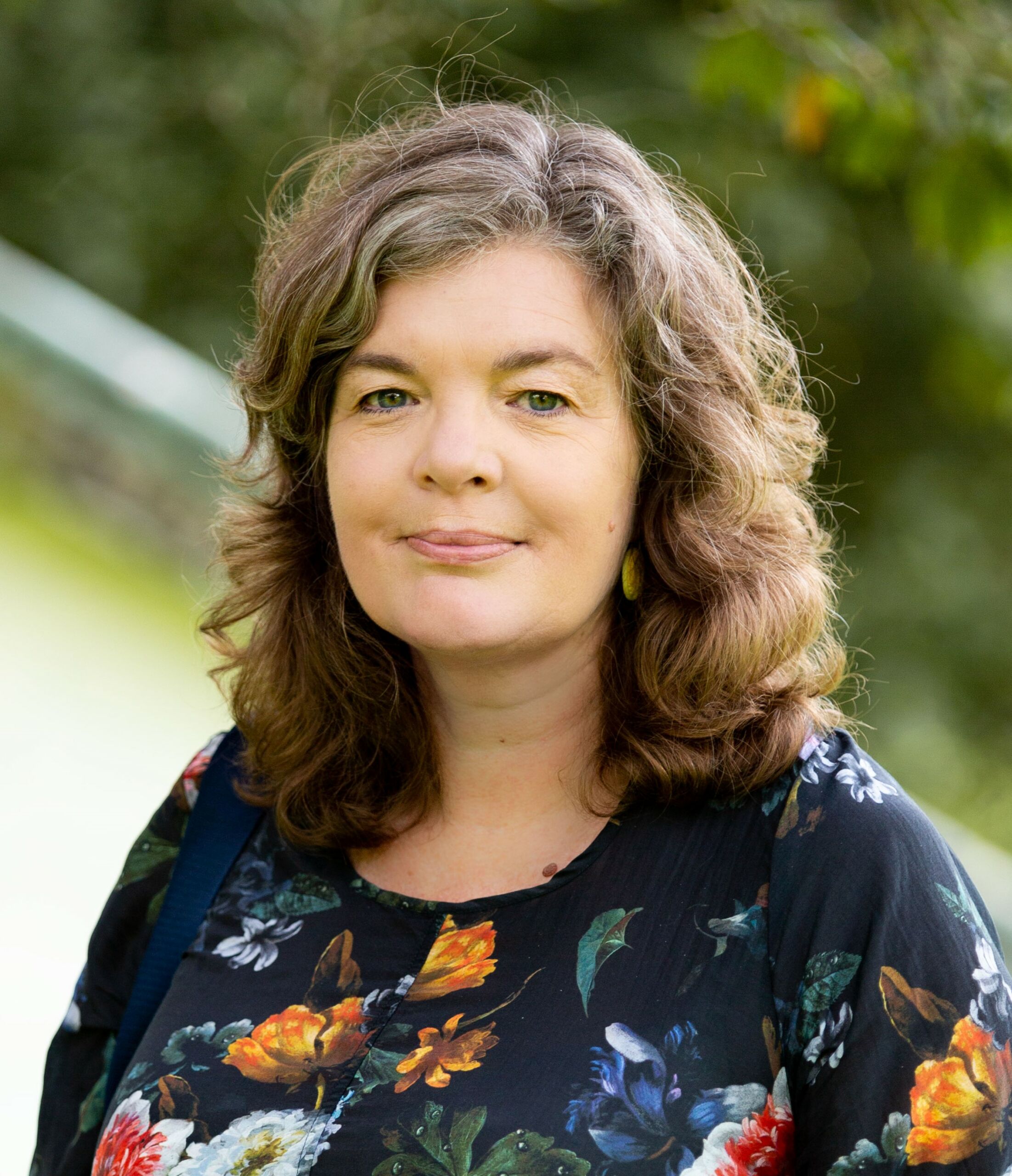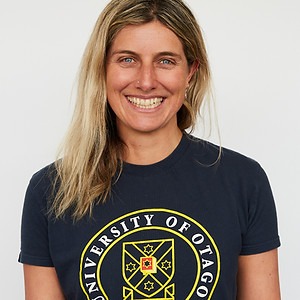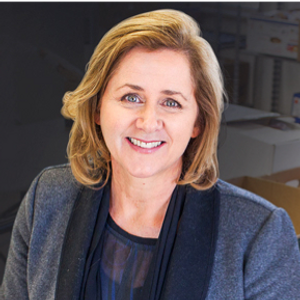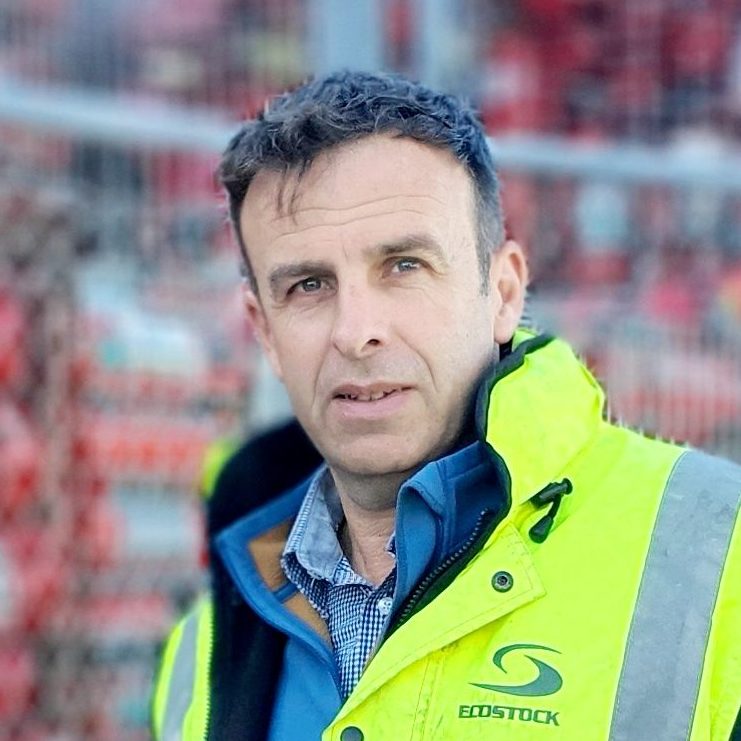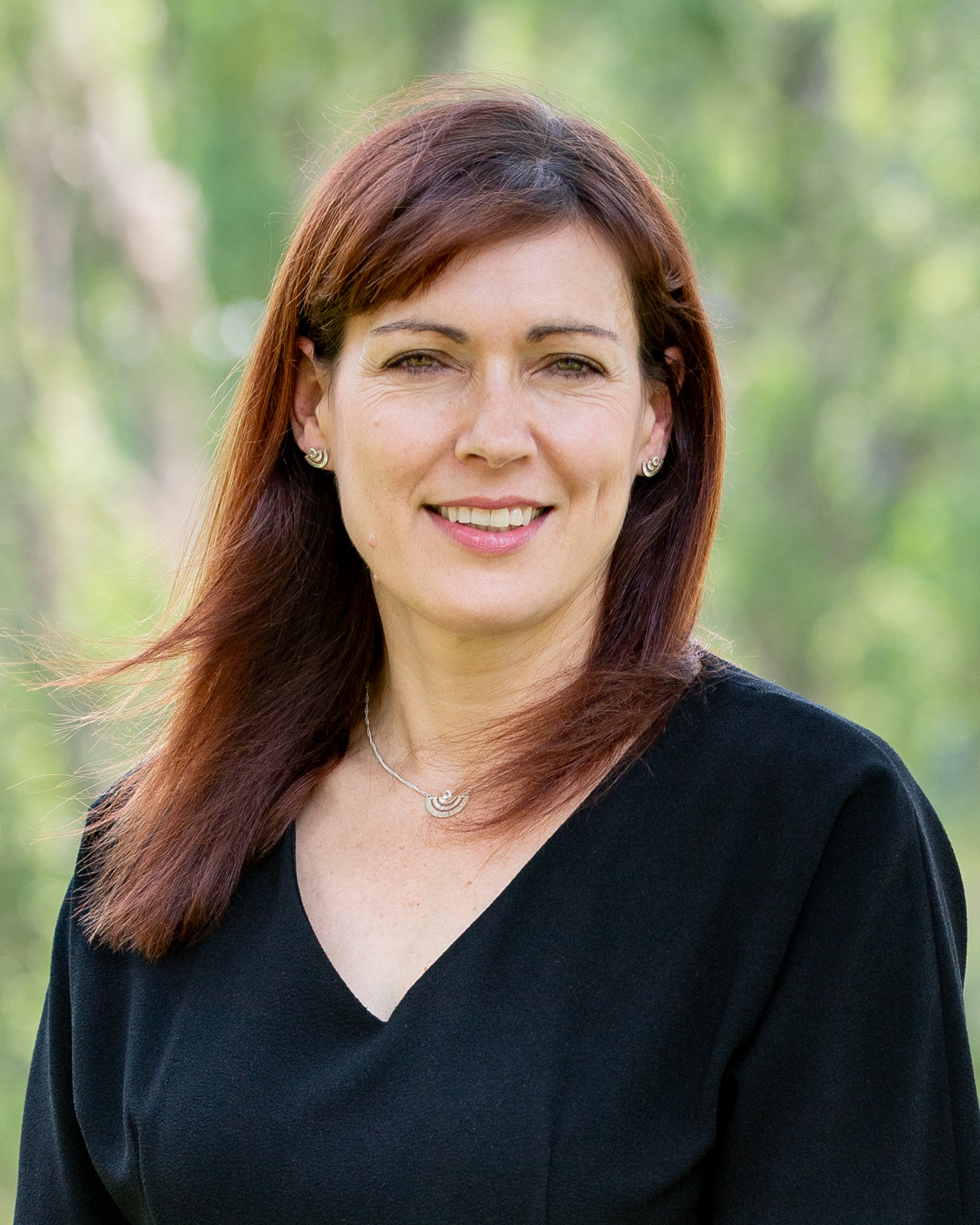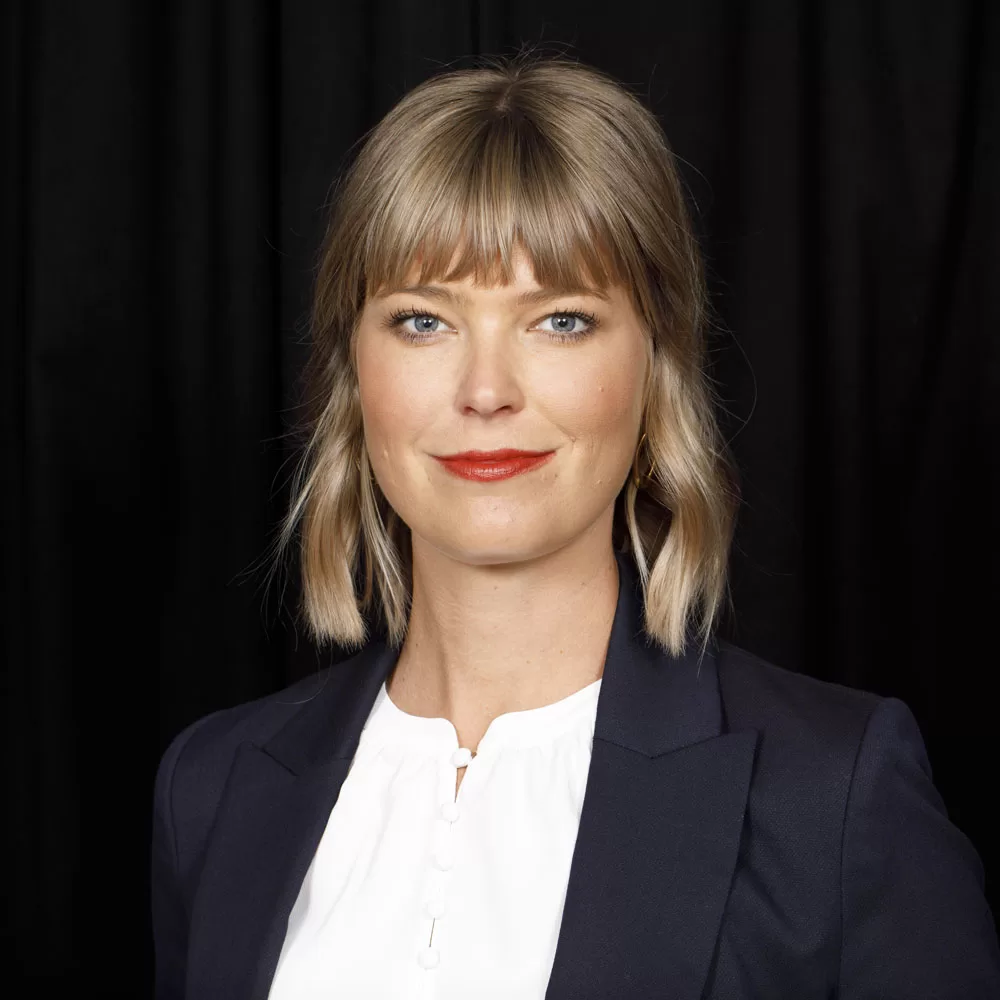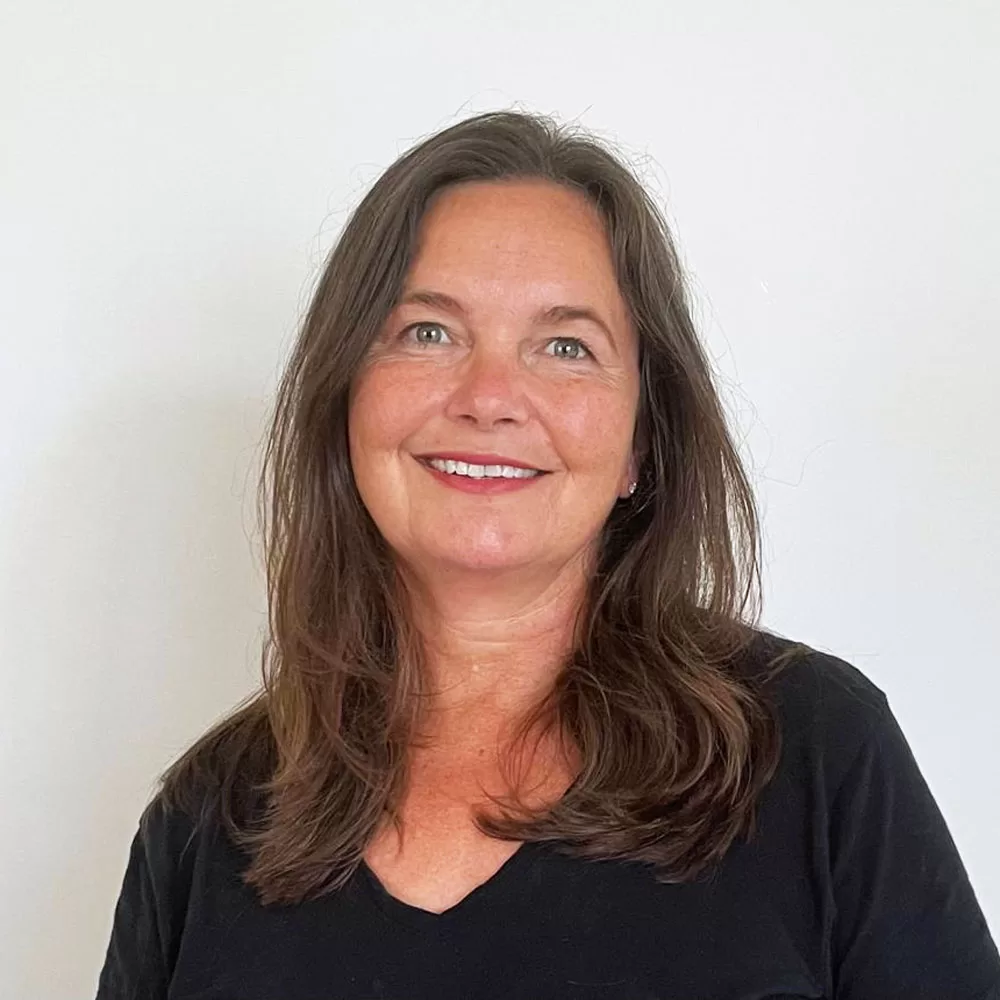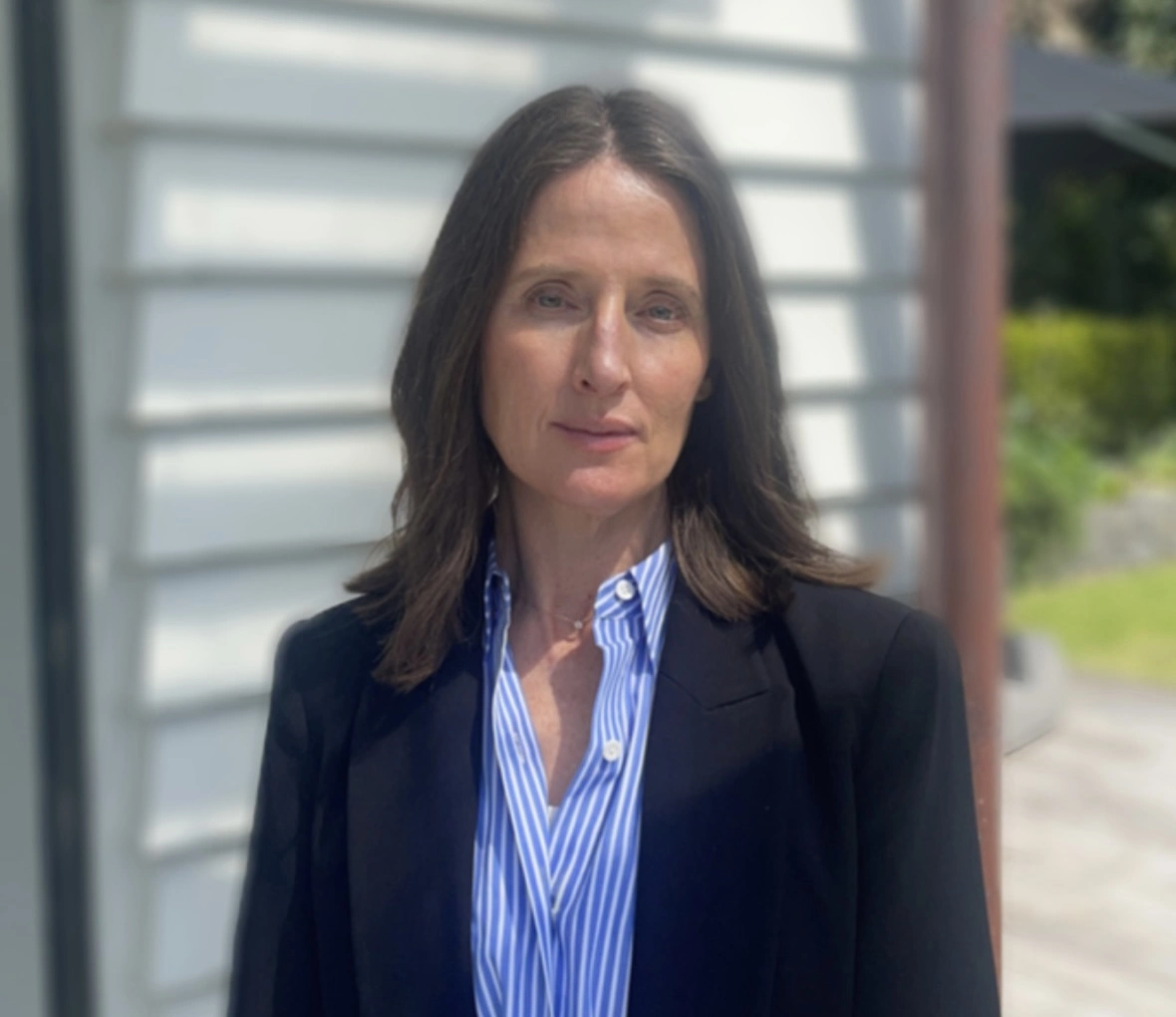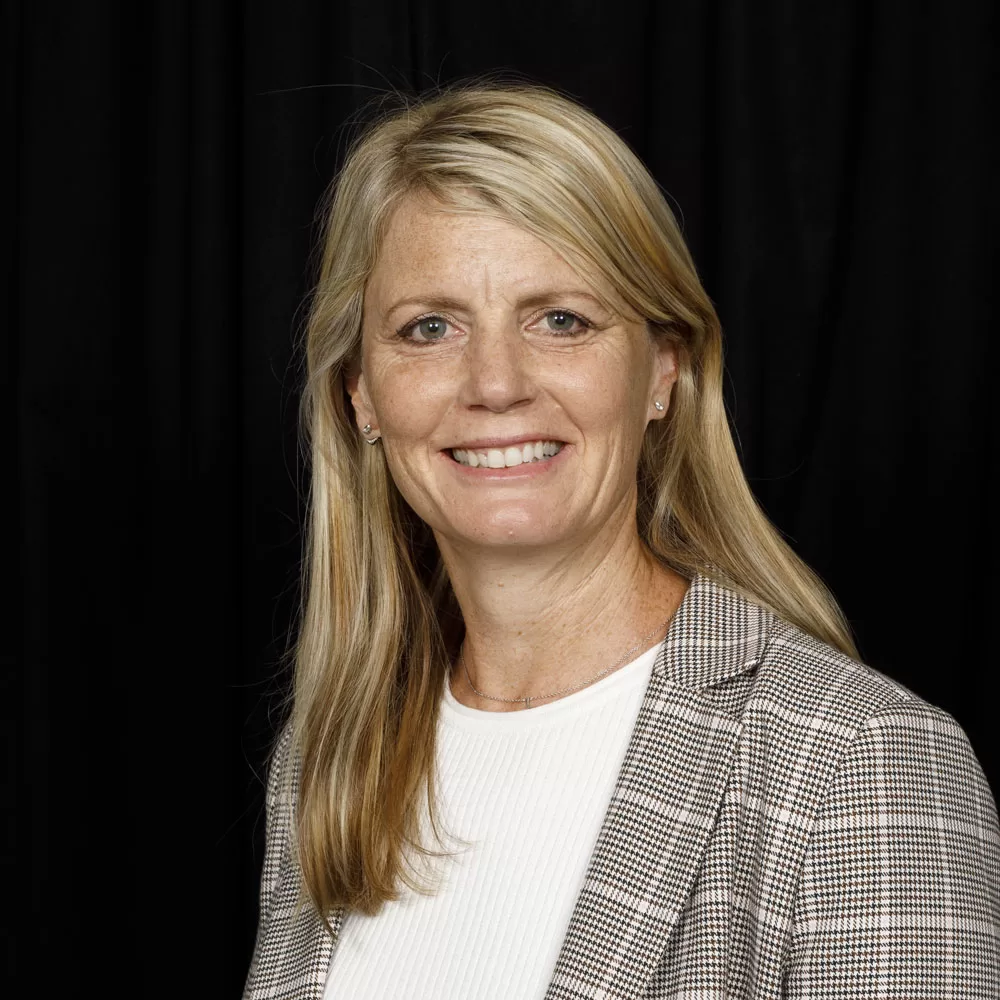About us
Kai Commitment is a not-for-profit organisation that works with businesses, government and aligned partners across Aotearoa to reduce food waste and create a food system that nourishes people, supports communities and protects our environment. Reducing food waste is a critical pathway to a sustainable and low-emissions food future, where food businesses are prosperous, everyone has equitable access to healthy diets, and the planet is protected for future generations.
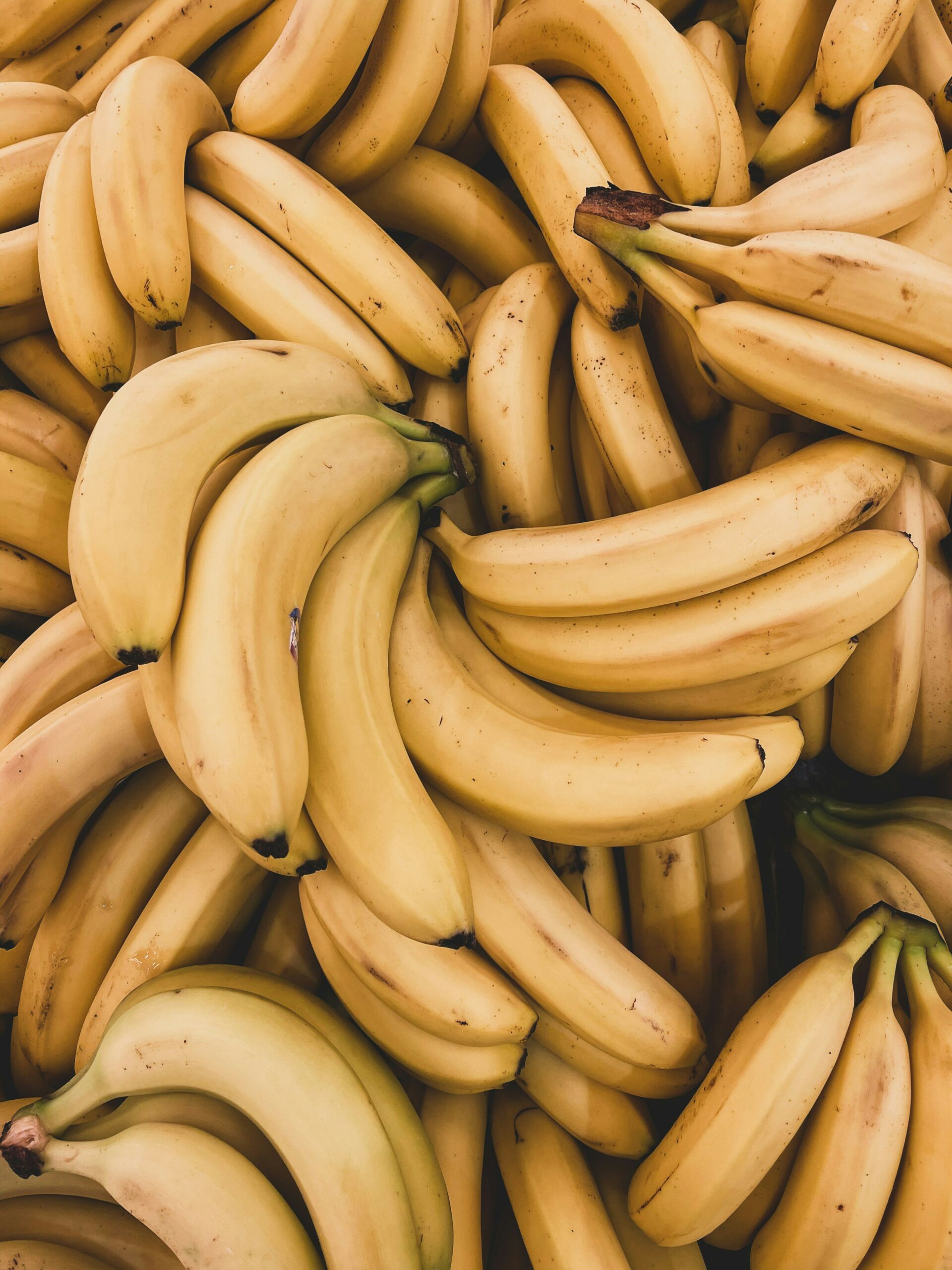
Global movement
We are part of a global network of organisations focused on reducing food waste and its impacts.
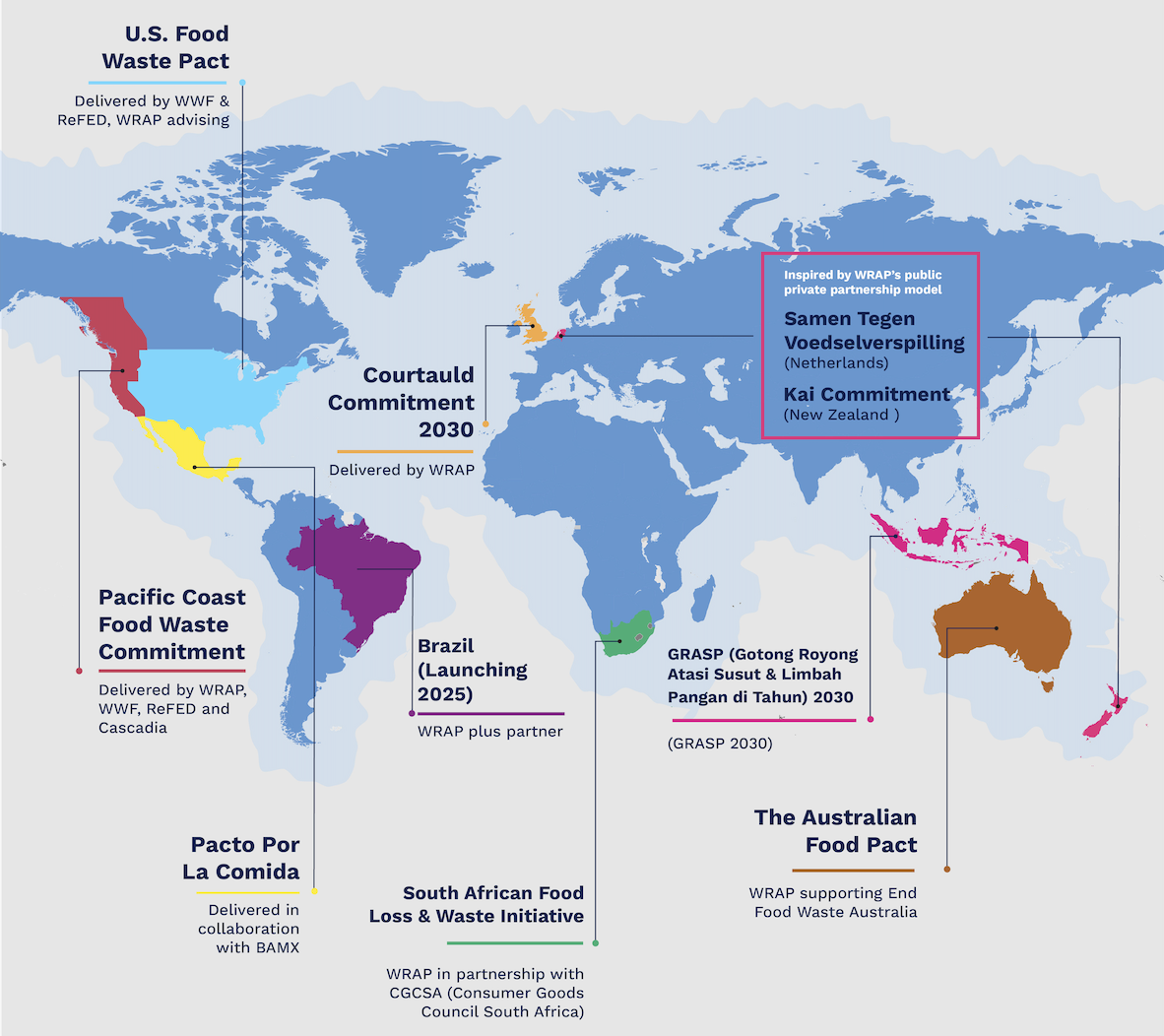
Our story
Since 2018, our organisation has been championing New Zealand’s commitment to UN Sustainable Development Goal 12.3: halving food waste by 2030.
In 2019, we launched Aotearoa’s first Food Waste Reduction Roadmap and established the Champions of 12.3, a network of food sector leaders and citizens advocating for the economic, social and environmental benefits of food waste reduction.
In 2020, a core group of Champions helped launch the Kai Commitment, a voluntary agreement where businesses commit to measuring and reducing food waste using international best practice. This positioned New Zealand alongside other progressive countries using public–private partnerships to tackle food waste, an approach recommended by the World Resources Institute. Since then, Signatories have made real progress in preventing, diverting and managing food waste.
Today, our mission has broadened. We work across the food sector, government and public to raise awareness, strengthen connections and build a nationwide movement to reduce food waste for a more sustainable food system. We continue to grow the Kai Commitment cohort, support the food waste ecosystem and align our efforts with the Global Champions of 12.3.
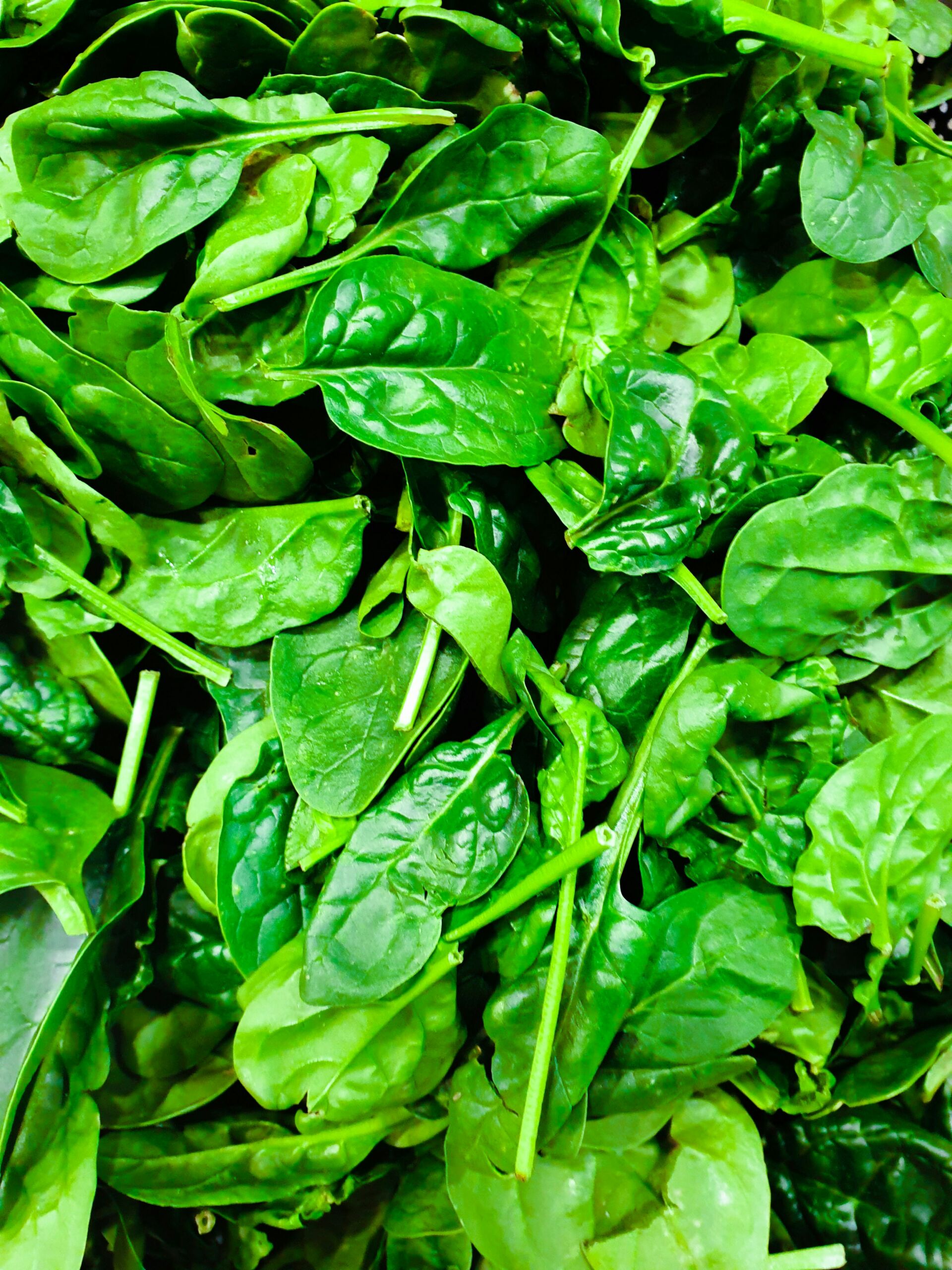
Why end food waste
The food system is inefficient, inequitable and unsustainable. Globally, around 40% of food grown and produced goes to waste, impacting our planet, communities and livelihoods by:
Contributing to climate change
10% of global greenhouse gas emissions are from wasted food, and 1/3 of agricultural land and fertilisers are used in the production of food that is wasted.
Adding to food disparities and insecurity
1 in 4 New Zealand children live in food-insecure houses. In New Zealand, more than $1,500 per household is wasted each year.
Wasting resources and eroding business profits
Food waste costs the global economy USD2.6 trillion annually. For individual food businesses, food waste costs an average 5.6% of total sales.
The good news is that food waste is solvable.
There are proven solutions and effective actions that are already making a difference, and food waste reduction is recognised as a key lever to ease economic loss, impacts on natural resources and food insecurity.
Acting on food waste is an opportunity that benefits everyone.
Who’s involved
We are proud to work with businesses, organisations and people who align with our mission to reduce food waste and build a resilient and sustainable food system.
NZFWC provides tools and expertise to help businesses target food waste, measure the size of the opportunity and take action to reap economic, social and environmental rewards.
Ultimately, addressing food waste not only benefits the environment but also strengthens business resilience and growth.
Food is what connects us all, and as the conversation has grown, so has our opportunity for impact.
At the heart of our work is a simple belief: food is too valuable to waste. It embodies the energy of people, land and resources used to grow, manufacture, distribute and sell it; when it’s thrown away, that value is lost.

